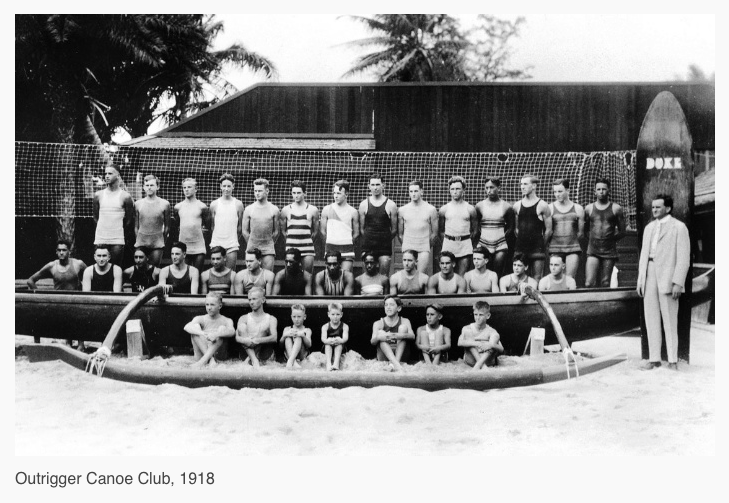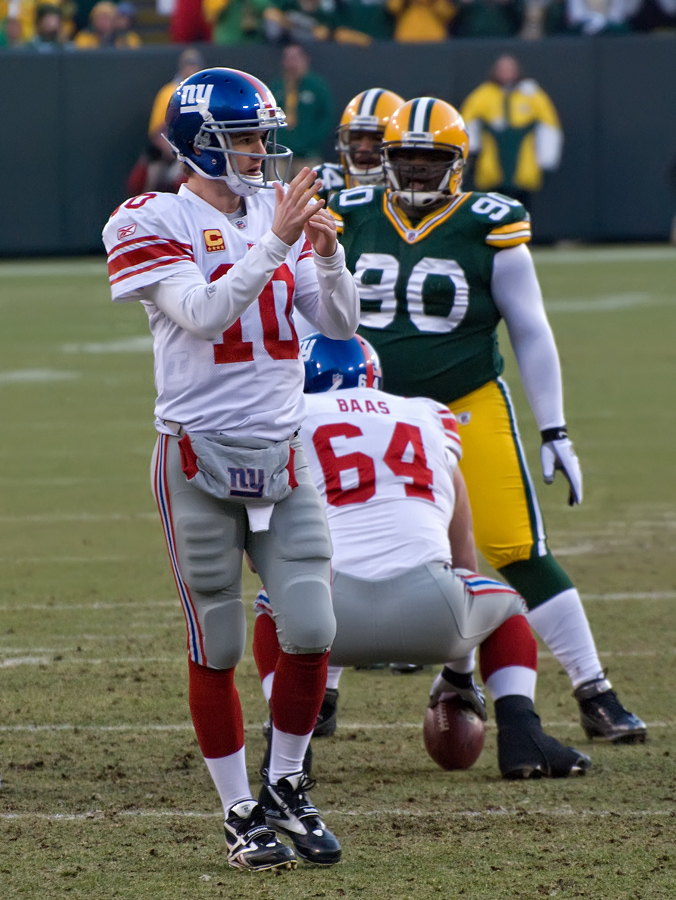|
Technical Time-out (volleyball)
A technical time-out in volleyball and beach volleyball Beach volleyball is a team sport played by two teams of two or more players on a sand court divided by a net. Similar to indoor volleyball, the objective of the game is to send the ball over the net and to ground it on the opponent's side of the ... is a time-out stipulated by the Fédération Internationale de Volleyball (FIVB) in each non- tie-breaking set. It is the formalized equivalent of a television timeout in other sports: Beach volleyball * 30-second duration * one technical time-out in each of sets 1 and 2 (none in the third tie-breaking set) * taken when the combined teams' scores equals 21 Volleyball * 60-second duration * two technical time-outs in each of sets 1, 2, 3 and 4 (none in the fifth tie-breaking set) * taken when the leading team reaches the 8th and 16th points References {{reflist Volleyball terminology Sports rules and regulations Sports terminology Sports television ... [...More Info...] [...Related Items...] OR: [Wikipedia] [Google] [Baidu] |
Volleyball
Volleyball is a team sport in which two teams of six players are separated by a net. Each team tries to score points by grounding a ball on the other team's court under organized rules. It has been a part of the official program of the Summer Olympic Games since Tokyo 1964. Beach volleyball was introduced to the programme at the Atlanta 1996. The adapted version of volleyball at the Summer Paralympic Games is sitting volleyball. The complete set of rules is extensive, but play essentially proceeds as follows: a player on one of the teams begins a 'rally' by serving the ball (tossing or releasing it and then hitting it with a hand or arm), from behind the back boundary line of the court, over the net, and into the receiving team's court. The receiving team must not let the ball be grounded within their court. The team may touch the ball up to three times to return the ball to the other side of the court, but individual players may not touch the ball twice consecutively. ... [...More Info...] [...Related Items...] OR: [Wikipedia] [Google] [Baidu] |
Beach Volleyball
Beach volleyball is a team sport played by two teams of two or more players on a sand court divided by a net. Similar to indoor volleyball, the objective of the game is to send the ball over the net and to ground it on the opponent's side of the court. Each team also works in unison to prevent the opposing team from grounding the ball on their side of the court. Teams are allowed up to three touches to return the ball across the net, and individual players may not touch the ball twice consecutively except after a touch off an attempted block. Making a block touch leaves only two more touches before the ball must be hit over. The ball is put in play with a serve—a hit by the server from behind the rear court boundary over the net to the opponents. The receiving team typically uses their three touches to pass the ball, set it up for an attack, and then attack the ball by sending it back over the net. Meanwhile, the team on defense typically has a blocker at the net and a defender ... [...More Info...] [...Related Items...] OR: [Wikipedia] [Google] [Baidu] |
Time-out (sport)
In sports, a time-out or timeout is a halt in the play. This allows the coaches of either team to communicate with the team, e.g., to determine strategy or inspire morale, as well as to stop the game clock. Time-outs are usually called by coaches or players, although for some sports, TV timeouts are called to allow media to air commercial breaks. Teams usually call timeouts at strategically important points in the match, or to avoid the team being called for a delay of game-type violation, such as the five-second rule in basketball. List of time-out rules by sport Baseball Baseball players and managers of both the offense and defense can request time out for a number of purposes, such as for a batter to step out of the batter's box to better prepare for a pitch, a foreign object entering a batter's eye such as dust or a bug, for a manager to speak with a player or umpire, or to replace one player with another (for which a time-out is required by the rules), etc. The request ... [...More Info...] [...Related Items...] OR: [Wikipedia] [Google] [Baidu] |
Tie-break
In games and sports, a tiebreaker or tiebreak is used to determine a winner from among players or teams that are tied at the end of a contest, or a set of contests. General operation In matches In some situations, the tiebreaker may consist of another round of play. For example, if contestants are tied at the end of a quiz game, they each might be asked one or more extra questions, and whoever correctly answers the most from that extra set is the winner. In many sports, teams that are tied at the end of a match compete in an additional period of play called "overtime" or "extra time". The extra round may also not follow the regular format, e.g. a tiebreak in tennis or a penalty shootout in association football. In the '' Super Smash Bros.'' series of fighting games published by Nintendo, if at least two fighters have an equal amount of points or stocks at the end of the match, then a tiebreaker will occur as "Sudden Death" with the tied players receiving 300% damage and who ... [...More Info...] [...Related Items...] OR: [Wikipedia] [Google] [Baidu] |
Television Timeout
A television timeout (alternately TV timeout or media timeout) is a break in a televised live event for the purpose of television broadcasting. This allows commercial broadcasters to take an advertising break, or issue their required hourly station identification, without causing viewers to miss part of the action. Programs making use of timeouts are usually live-action sporting events. However, other live programs occasionally make use of timeouts for advertising purposes, such as the Academy Awards and the Eurovision Song Contest. Use by sport American football (NFL) The National Football League requires sixteen commercial breaks per game, with eight in each half. Exceptions to this are overtime periods, which have none. These breaks run either one minute or two minutes in length. Of the eight commercial breaks per half, two are mandatory: at the end of the first or third quarter, and at the two-minute warning for the end of the half. The remaining six breaks are optional. The ... [...More Info...] [...Related Items...] OR: [Wikipedia] [Google] [Baidu] |
Volleyball Terminology
Volleyball is a team sport in which two teams of six players are separated by a net. Each team tries to score points by grounding a ball on the other team's court under organized rules. It has been a part of the official program of the Summer Olympic Games since Tokyo 1964. Beach volleyball was introduced to the programme at the Atlanta 1996. The adapted version of volleyball at the Summer Paralympic Games is sitting volleyball. The complete set of rules is extensive, but play essentially proceeds as follows: a player on one of the teams begins a 'rally' by serving the ball (tossing or releasing it and then hitting it with a hand or arm), from behind the back boundary line of the court, over the net, and into the receiving team's court. The receiving team must not let the ball be grounded within their court. The team may touch the ball up to three times to return the ball to the other side of the court, but individual players may not touch the ball twice consecutively. Typic ... [...More Info...] [...Related Items...] OR: [Wikipedia] [Google] [Baidu] |
Sports Rules And Regulations
The regulation of sport is usually done by a sport governing body for each sport, resulting in a core of relatively invariant, agreed rules. People responsible for leisure activities often seek recognition and respectability as sports by joining sports federations such as the International Olympic Committee, or by forming their own regulatory body. In this way sports evolve from leisure activity to more formal sports: relatively recent newcomers are BMX cycling, snowboarding, wrestling, etc. Some of these activities have been popular but uncodified pursuits for different lengths of time. Indeed, the formal regulation of sport is a relatively modern and increasing development. This method promotes a sport globally, in a very successful way. It also promotes the universality of each sport, by ensuring that the same gameplay rules are being practiced worldwide, using a standardized/homogenous international gameplay rule system (sanctioned by the respective international sports govern ... [...More Info...] [...Related Items...] OR: [Wikipedia] [Google] [Baidu] |
Sports Terminology
Sport pertains to any form of Competition, competitive physical activity or game that aims to use, maintain, or improve physical ability and Skill, skills while providing enjoyment to participants and, in some cases, entertainment to spectators. Sports can, through casual or organized participation, improve participants' physical health. Hundreds of sports exist, from those between single contestants, through to those with hundreds of simultaneous participants, either in teams or competing as individuals. In certain sports such as racing, many contestants may compete, simultaneously or consecutively, with one winner; in others, the contest (a ''match'') is between two sides, each attempting to exceed the other. Some sports allow a "tie" or "draw", in which there is no single winner; others provide tie-breaking methods to ensure one winner and one loser. A number of contests may be arranged in a tournament producing a champion. Many sports leagues make an annual champion by ar ... [...More Info...] [...Related Items...] OR: [Wikipedia] [Google] [Baidu] |





